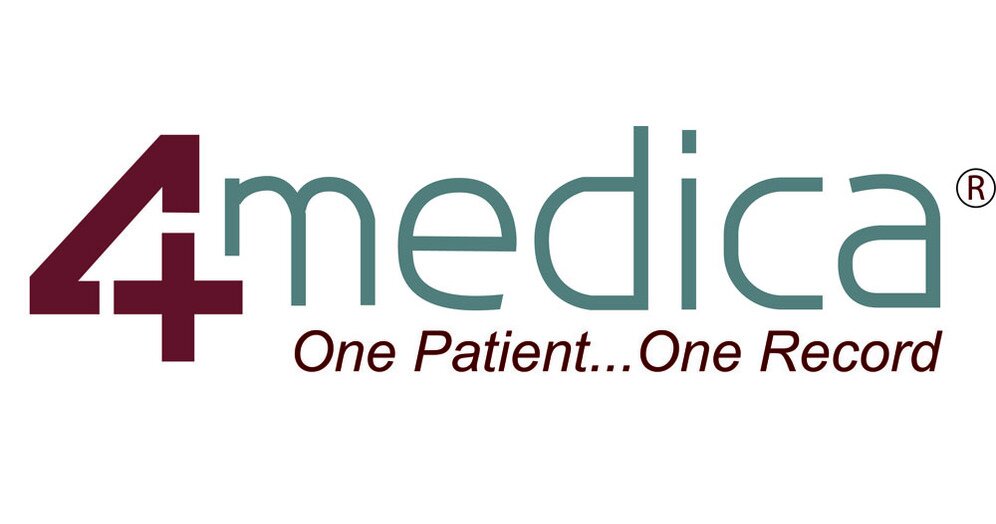4medica: Improving Healthcare Data Quality in 2022
Earlier this month, 4medica, a leader in healthcare data quality and patient matching technology, announced its renewed focus on healthcare data quality in 2022.
With patient record duplication being a significant issue in the healthcare sector, the company is putting a spotlight on data accuracy. For example, duplication rates for patient records remained high throughout 2021, ranging from 10 percent to as much as 30 percent depending on the healthcare organization, according to 4medica.
Excessive patient record duplications cause confusion for health information exchanges, provider organizations, payers and laboratories. This can lead to patient identification errors, delays in treatment, redundant tests and procedures, misdiagnoses and claims denials.
The result is an inefficient healthcare system that wastes billions of dollars, jeopardizes the health of patients, and contributes to clinician and support staff burnout.
This is why 4medica provides the tools to ensure that all patient data is clean and contains few or no duplications. The company routinely conducts health data quality assessments for existing and prospective customers, whose master patient index (MPI) data is run through 4medica’s AI-based analytics platform.
Clearly, it’s working. The Idaho Health Data Exchange (IHDE) had an 18 percent patient data duplication rate as recently as two years ago. Since implementing 4medica’s Big Data MPI software, IHDE has seen its duplication rate fall below 1 percent – a change that not only improved efficiency, it turned around the HIE’s finances.
“We weren’t generating enough revenue from customers to sustain our business,” said IHDE Executive Director Hans Kastensmith, in this press release. “Improving the quality of our health data also increased its value and allowed us to offer more to insurers and ACOs, giving us another revenue stream.”
Click here to learn more about 4medica.
RosettaHealth can assist with any health information challenges you might have, book a free consultation with one of our interoperability experts.

